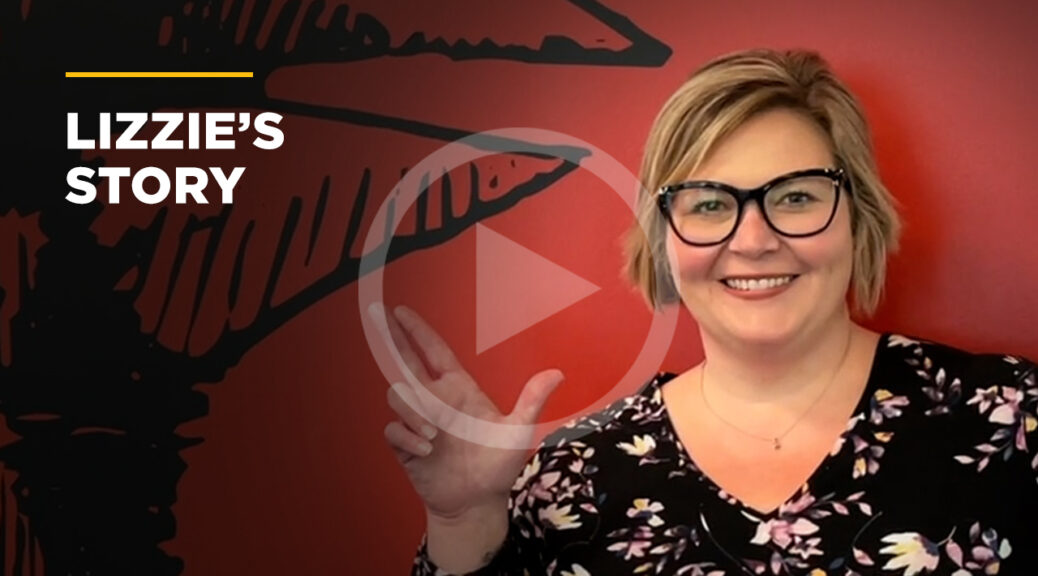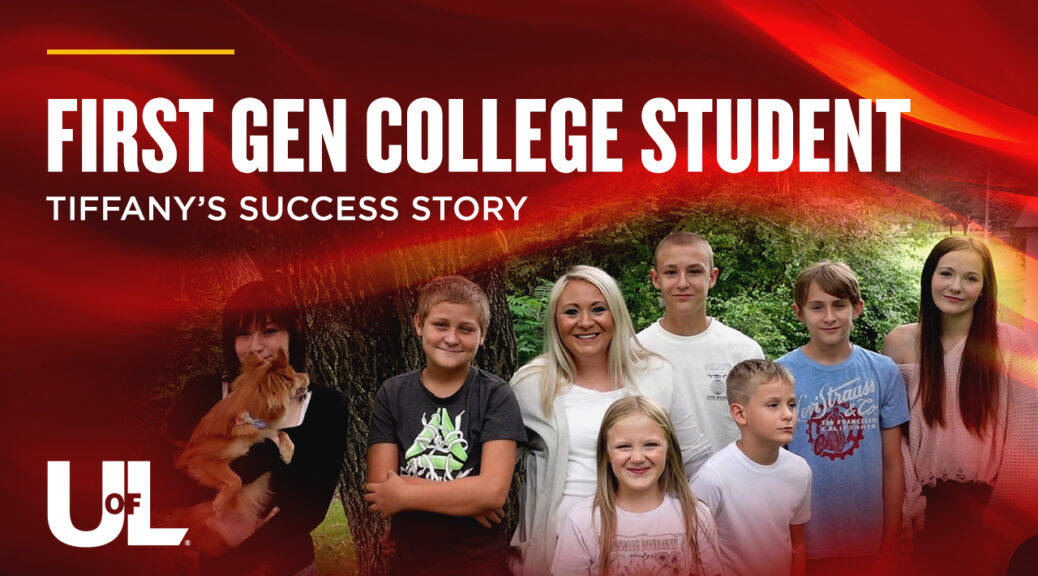
UofL Health Employees Receive Undergraduate Tuition Remission at UofL

A 5-Step “How To” Guide

The start of a new year is the perfect opportunity to reflect on the past and set intentions for the months and years ahead. For online students balancing studies, work and personal life, setting achievable New Year’s resolutions can help bring clarity, structure, motivation and progress.
Here’s a quick guide to setting resolutions that support
your goals as an adult learner so you can stay on track and make the most of
your educational journey.
1. Reflect on the Past Year’s Achievements and Challenges
Before setting new goals, take time to review the past year.
What were your biggest successes? Perhaps you tackled a challenging course or
managed to juggle a busy work schedule alongside study hours. Celebrate these
wins! Also, be honest about what didn’t work well—maybe it was hard to find a
balance between work, studies and personal life. Understanding both your
strengths and growth areas is essential in crafting realistic resolutions that
will build on last year’s lessons.
2. Set Specific Academic and Career Goals
When it comes to resolutions, clarity is key. Rather than
aiming to “do better in school,” set clear, measurable goals such as achieving
a certain grade average or completing coursework assignments 1 or 2 days ahead
of deadlines. Consider how your academic goals align with your professional
ambitions. Are there skills or knowledge that could help you advance at work? What
is your next career level dream or ambition? Setting resolutions that support
both educational and career growth can bring double benefits and ensure that
your studies contribute directly to your professional journey.
3. Prioritize Time Management and Work-Life Balance
For working professionals, balancing studies, work and
personal life can be challenging. Developing a time management plan is
essential. Consider creating a weekly schedule that includes blocks of time for
study, work and personal activities. Also, think about ways to manage stress
and avoid burnout. Practicing self-care—whether through exercise, hobbies or
simply taking time off—will help maintain your motivation and energy throughout
the year. Set boundaries when needed and don’t be afraid to communicate your
limits to family, friends or colleagues.
4. Develop a Support Network
Online learning can sometimes feel isolating, especially for
adult students with full and demanding schedules. Building a network of support
can make all the difference. Engage with classmates, professors and mentors who
can provide accountability, share resources and offer guidance. Look for online
student communities on platforms like LinkedIn or Facebook or join study groups
where you can connect with others who understand your unique challenges. And
don’t forget to look for and take advantage of the university-wide resources
available to you. This support and sense of community can boost your
motivation, especially during busy times or when faced with challenging
assignments.
5. Track Progress and Adjust as Needed
Finally, it’s important to keep tabs on your progress. Set monthly or quarterly check-ins to reflect on how your resolutions are going. Are you staying on track with your goals? What small wins have you achieved along the way? If you find that certain goals aren’t working out, don’t hesitate to adjust. Resolutions are meant to guide not restrict you. Celebrating small milestones regularly will keep your motivation high and making adjustments as needed will help ensure your goals are realistic and achievable.
Your Year, Your Path, Your Success
Setting New Year’s resolutions as an adult online student
can help you maximize your growth while managing multiple responsibilities. By
focusing on reflection, goal-setting, time management, support and progress
tracking, you’ll be equipped to tackle the year ahead with confidence.
Here’s to a year of learning, growth and success, brave Cardinal!
Check out our program finder to view all online programs available at UofL.

